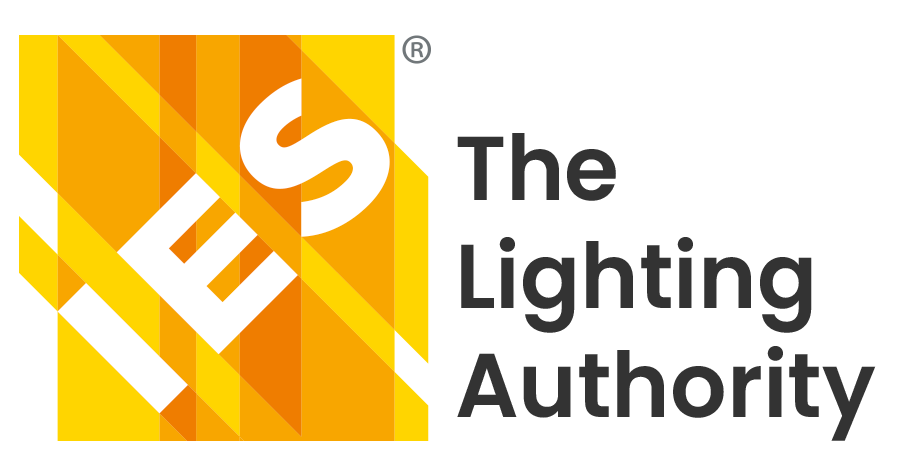By Yulia Tyukhova, Ph.D.
Acuity Brands Lighting

Have you ever explained to a stranger what a lighting professional does? It takes some time to do so, compared to more self-explanatory jobs, such as professor, lawyer or mechanical engineer. I frequently see how puzzled a person is when I tell them what I do. Most people think of lighting in one of two ways—it’s either on or off, right?
However, lighting fundamentals require knowledge of a variety of subjects, such as physics, physiology, psychology, design and engineering, just to name a few. With the rapidly expanding LED market and its possibilities, we are learning about beneficial usage of LEDs for non-visual effects of light and tailoring lighting for growing plants. In addition, there is a new layer of complexity, i.e., the Internet of Things. We are in the process of identifying what role lighting plays in it.
As the industry has become more complex, the opportunities for leadership have multiplied—whether at your company, in non-profit organizations such as the IES, and at conferences and workshops. Recently, I read an interesting article “What Great Managers Do” from the Harvard Business Review book On Managing People. This got me thinking about how one can lead or build influence without any formal authority. A lot of young professionals have little or no experience in the industry and start at positions that do not formally place them as leaders. However, they are full of energy and enthusiasm. As described in the article mentioned above, great managers “play chess”—they discover each person’s unique strength and make the most of it. Great leaders, on the other hand, cut through the differences and discover what is universal.
Leaders in our industry can be found in many different roles. And to be a good leader, one does not necessarily have to have direct reports. Here are a few observations that I have made about influence and leadership without any formal authority.
Be An Expert. Establishing yourself as an expert in a certain knowledge area and building a unique professional skill set makes you a valuable asset to your organization. Colleagues will seek advice and rely on your expertise and experience. This does not mean you should ever stop learning. Working for a lighting manufacturer with forward-thinking goals, I learned a lot through my involvement in challenging projects and exposure to previously unfamiliar areas such as lean manufacturing.
Professional development is also key to extending your expertise. As a lighting researcher, for example, I find it important to stay up-to-date on scientific journal papers such as publications in LEUKOS and Lighting Research & Technology. Also, if your company, like mine, welcomes your initiative and allows you to attend professional events and committee meetings, use that opportunity. Events, such as the SSL Development Workshop in Denver organized by the U.S. Department of Energy, at which I presented last November, provide great insights into trends in our industry and cover topics ranging from connected lighting to whitetunable case studies.
Lead By Doing. Whether it is excelling at your job, asking the right questions or volunteering, there are many opportunities for leading by doing. After attending my first IES conference, I was invited to join what is now called the Connect Committee that organizes events for Emerging Professionals in conjunction with the IES Annual Conference. Now I volunteer for four committees in the IES and one at the CIE (International Commission on Illumination). I find it very rewarding to be a part of these professional groups that significantly contribute to the future of lighting by, among other things, writing technical standards. Volunteering to work on a project in your own firm is also an important step in leadership. Leadership starts with small steps.
Networking and Professional Relationships. It is difficult to overestimate the importance of networking and building professional relationships. It is through networking at IES conferences that I got a summer internship and my current job. Meeting people at your workplace and at professional events outside your company not only creates opportunities for you personally, but also places you in a leadership position—it makes you a well-connected person. The lighting industry is a fairly small community and you can get to know many people quickly.
Also, consider meeting people from other industries. The lighting field involves many disciplines and knowing professionals from other industries might result in unexpected and fruitful collaborations.
There are a lot of opportunities to influence and lead without being in a “formal leader” position. I hope these personal observations help you find your own leadership style.


